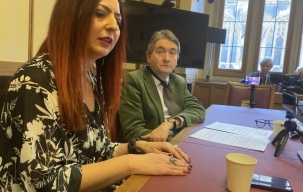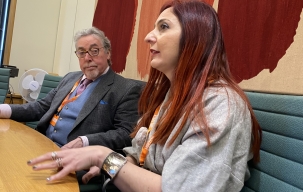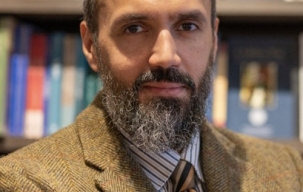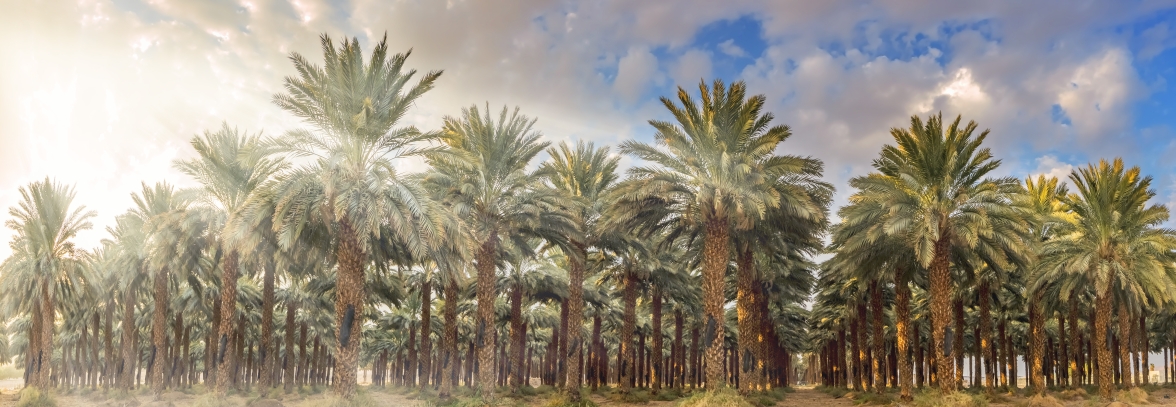The Levant is a region that includes the countries that lie on the east of the Mediterranean. Such a position has made the region a centre of global trade since the Classical Era, in which peoples like the Phoenicians established themselves as leading maritime and economic players.
The populations of the Levant share a geography and culture as rich and historical as much of the Middle East, yet serve as a microcosm of the larger region, with divisions along sectarian lines and frequent border disputes.
With the coming of the Roman Empire, the Levant entered a long period in which it would be divided between foreign empires until the independence movements of the 20th century. But the Levant’s connection with Europe was not just an economic and political one. The region has also always been an important centre of Christianity, indeed of all Abrahamic religion. The demographic make-up of countries like Lebanon demonstrates this, with the country containing 18 officially recognised religious sects.
Levantine cities like Jerusalem continue to provide complex symbolism about today’s religious division. Sites like Al-Aqsa Mosque, the Wailing Wall and the Church of the Holy Sepulchre, while all within walking distance of each other, are now key parts in the intractable problem of the Middle East Peace process, with singular incidents at the sites sparking large unrest between Israel and Palestine.
Whilst international attention to the region is often directed toward Israel and Palestine, other countries, particularly Lebanon and Syria, have been plagued by highly intricate sectarian violence, with both experiencing catastrophic and prolonged civil wars. Such conflicts do not define the region however, which has also been host to some of the highest levels of syncretism, with many different religious communities living peacefully side-by-side for centuries. The Levant, home to many of the world’s most important cultural achievements but also some of its most deep-seated conflicts, will undoubtedly continue to be an area which Britain still must seek to understand and develop existing links.
 Members content
Members content Members content
Members content Members content
Members content